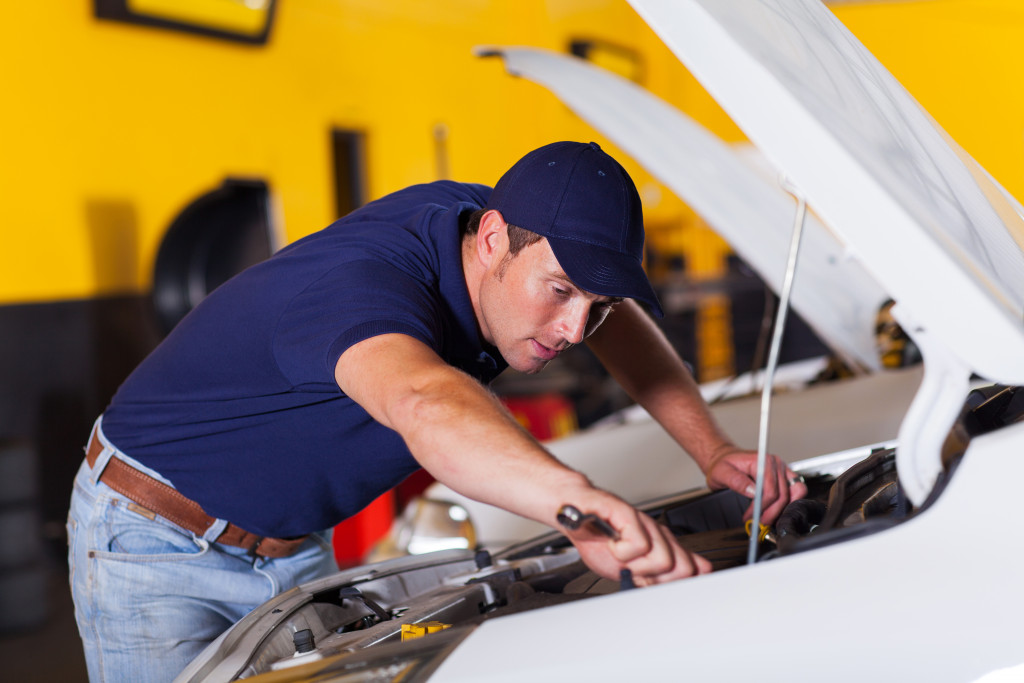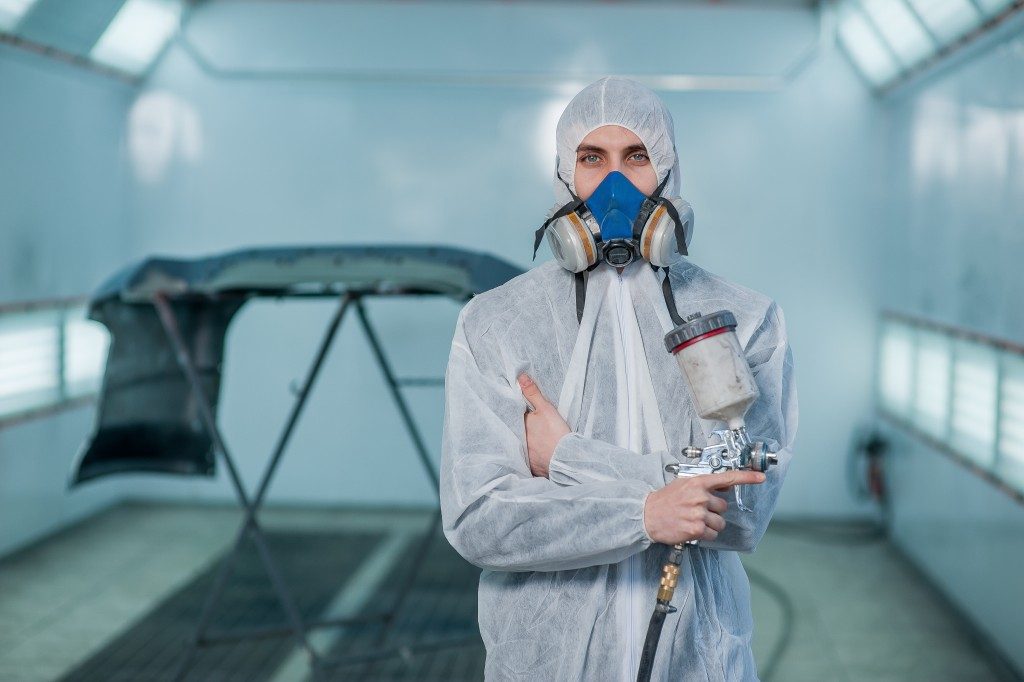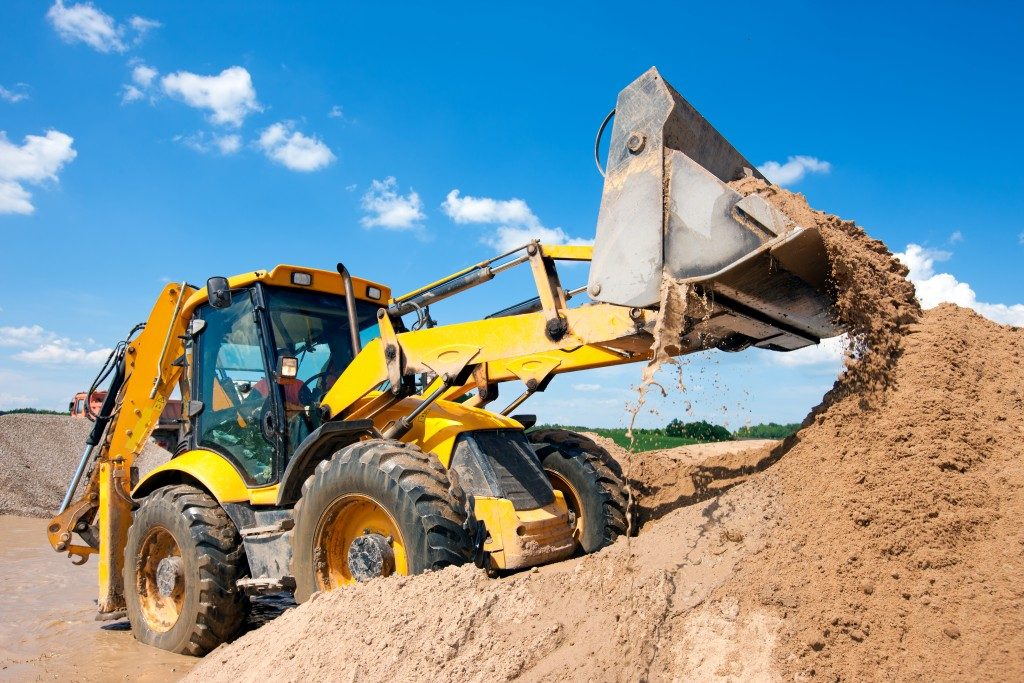- Heavy equipment and automotive technology have revolutionized the construction industry, making projects more efficient, safe, and cost-effective.
- Benefits include increased productivity, improved safety standards, higher quality work, and cost savings.
- Common challenges include equipment breakdowns, unfamiliarity with technology, training and maintenance costs, and lack of skilled operators.
- Newer technology is emerging to revolutionize the construction industry further and transform how we live in the future.
- Heavy equipment and automotive technology are essential for the continued success of the construction industry.
The construction industry is one of the world’s most dangerous and physically demanding industries. From erecting tall structures to digging foundation trenches, construction workers must face harsh working conditions and safety hazards daily. While manual labor is still necessary in many cases, the rise of heavy equipment and automotive technology has transformed the industry, making it safer, more efficient, and more profitable.
This article will explore the importance of heavy equipment and automotive technology in the construction industry. We will look at the various types of equipment available, their benefits to projects, and how they change how we build our cities and towns.
Increased Productivity
Heavy equipment and automotive technology have transformed how construction projects are carried out. By using advanced machinery, crews can complete tasks in a fraction of the time compared to using manual labor.
For example, a building’s foundation that traditionally takes weeks to complete can now be quickly done using heavy construction equipment in a few days. This, in turn, increases productivity, decreases worker fatigue, and ultimately leads to better project management and delivery.
Improved Safety
Construction work is inherently dangerous, but heavy equipment and automotive technology can significantly reduce accidents and injuries on the job site. With advanced safety features such as sensors, cameras, and alarms, operators can detect and avoid potential accidents.
Moreover, not only does the technology advance prevent accidents, but it ensures that dangerous and physically demanding tasks performed by workers are minimized.
Higher Quality Work
Heavy equipment and automotive technology create a better end product. Production quality can be monitored and controlled to the degree impossible with manual labor. This ultimately leads to higher quality work, including more accurate installation, precise measurements, and smoother finishes.
Cost Savings
Investing in heavy equipment and automotive technology can reduce the overall cost of projects. While the initial investment in machinery and technology can be pricey, these investments pay dividends in the long run.
Efficient time management skills, safety standards, and increased productivity translate into fewer costly delays and prevent expensive project errors, ultimately reducing the cost of construction jobs.
Common Challenges
While there’s no doubt that heavy equipment and automotive technology have revolutionized the construction industry, there are still some common challenges that need to be addressed. Here are a few:
Equipment Breakdown
It’s not uncommon for heavy equipment to break down or malfunction, resulting in costly delays. And one element that always causes equipment breakdown is when the powertrain component of the machinery fails.
As such, having a power train component repair company that you can rely on is crucial. This ensures that your equipment runs optimally at all times and any potential problems can be addressed quickly.
Unfamiliarity with Technology

While most construction workers are familiar with operating heavy equipment, some may be unfamiliar with the latest technological advancements. This lack of knowledge can lead to costly mistakes and delays on the job site. To avoid this, employees must be trained and knowledgeable on properly operating machinery, including the latest technological advancements.
Training and Maintenance Costs
Heavy equipment and automotive technology often require regular maintenance and servicing to work optimally. This can be costly but is necessary to ensure the machinery remains functional and safe. Employees must also receive proper training on how to operate the machinery correctly, which can incur additional expenses.
Lack of Skilled Operators

Due to the complexity of heavy equipment and automotive technology, it can be difficult to find skilled operators with the appropriate knowledge and experience. This can significantly slow down projects as inexperienced operators take longer to complete tasks, leading to costly delays. Companies need to invest in adequately trained staff familiar with the machinery and its operation.
Final Thoughts
Heavy equipment and automotive technology have revolutionized the construction industry. Not only have they transformed the way projects are carried out, but they have also brought to light the importance of safety, productivity, and cost savings. As newer technology continues to emerge, we can expect to see even more advancements in the construction industry that will transform how we live in the future. With such improvements, the industry will continue to play a vital role in building our world.



